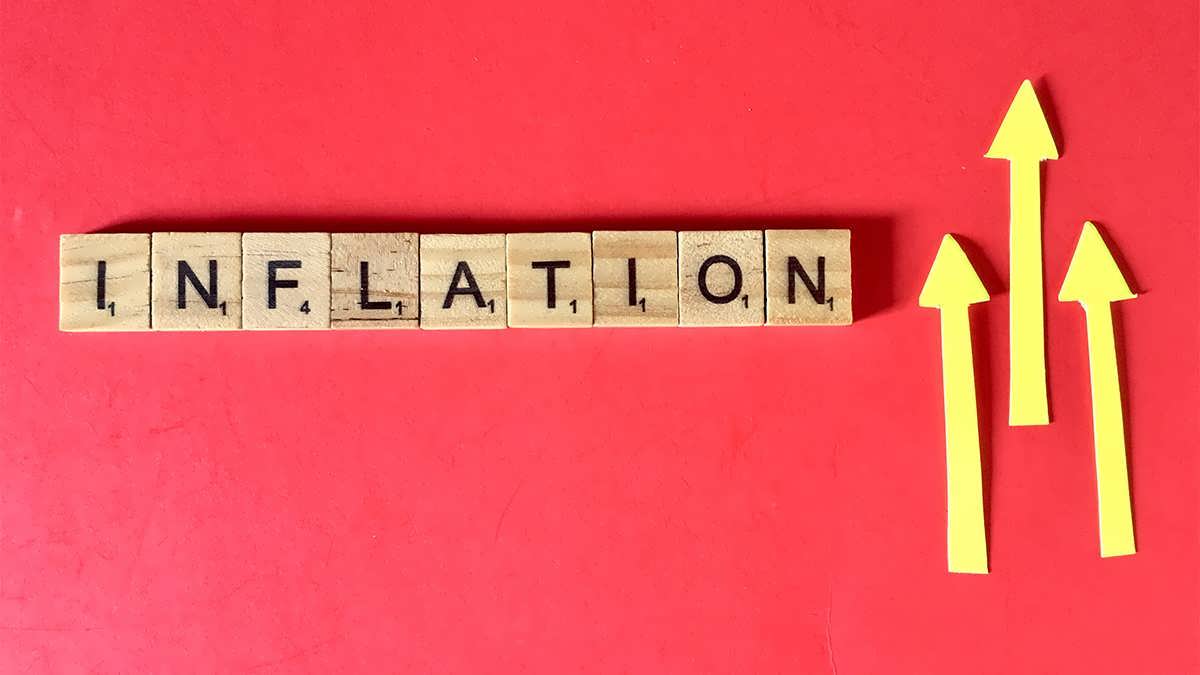Inflation is the gradual rise in the cost of goods and services. Inflation diminishes your purchasing power, meaning that the same dollar will purchase less now than it will tomorrow. Although countries based on silver and gold standards occasionally experience inflation, the rate rarely exceeds 2% per year. The general experience of inflation has been close to zero over the ages. Inflation has been substantially higher in paper money standard countries, which all nations have today.
What are the causes of inflation?
Several variables can contribute to inflation, the most prevalent of which is demand elasticity and cost pressures. However, the inflation in 2021 is more complicated, partly due to the government’s response to the pandemic and a surge in demand due to the loosening of Covid quarantine rules and labor shortages around the world.
Demand-pull inflation
In most cases, the term Demand-pull inflation refers to a broad phenomenon. The elasticity of demand emerges when consumer demand surpasses the existing supply of various consumer items, increasing the cost of living. Consequently, the prices rise when total demand in an economy exceeds total supply by a large margin.
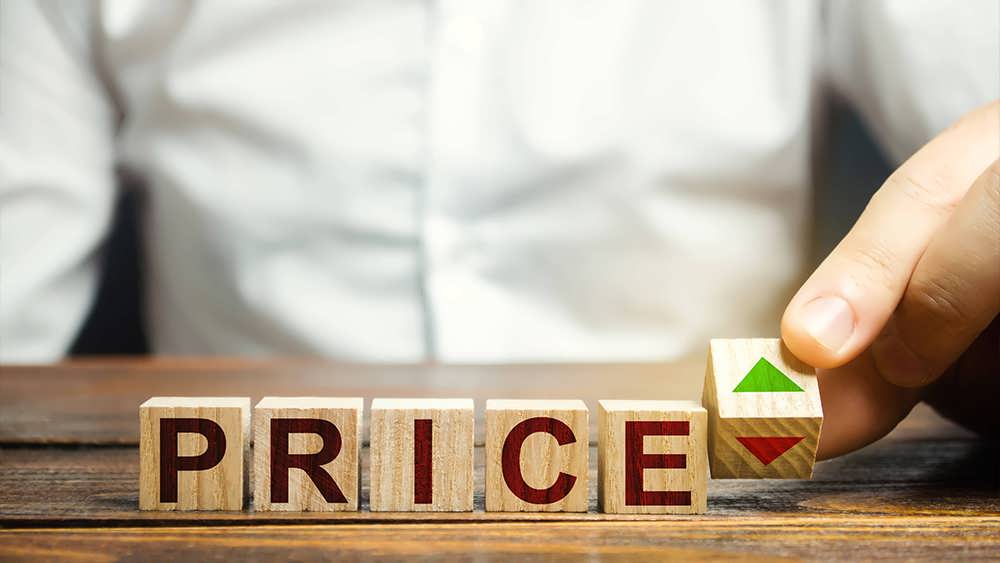
finance show inlation with up and down price
Cost-push inflation
An increase in production costs, which may be expected or unexpected, is the most typical cause of cost pressure or cost-push inflation. The cost of raw materials or inventory utilized in production, for example, may rise, resulting in higher costs. Inflation is the growth rate in the price of a basket of goods and services in a given economy. Cost-push inflation can limit consumer purchasing power if salaries do not rise fast enough to keep up with rising costs. If a company’s manufacturing costs rise, the senior management may try to pass on the increased expenses to customers by raising product prices. Profits will decline if the corporation does not boost prices while production expenses rise.
Devaluation
A devaluation is a downward adjustment in a country’s exchange rate that results in currency depreciation. A currency devaluation lowers the cost of a country’s exports and encourages overseas buyers to buy more depreciating goods. Foreign undervalued goods, making the depreciation more expensive for the country, encouraging residents to buy home products rather than foreign imports. For example, China is perhaps the most recognized country for this strategy, as the US and other countries have long accused China of attempting to deflate the yuan.
Is inflation good or bad?
Individually, people despise inflation since it is undeniably evident that inexpensive buying is beneficial. However, this argument does not hold true on a social level. On a social level, your nominal income increases quicker than the average price of what you buy, which is excellent for you. However, if the cost of everything falls, everyone’s income should decrease as well. Because, for the people from whom you buy products, your expenses are a source of income. And your earnings come at the price of someone else. Inflation can be quite harmful. Because of the magnitude of the damage, the actual inflation rate differs from the planned inflation rate. When traders correctly foresee a faster loss of the dollar’s purchasing power or a greater inflation rate, the conditions of contracts that demand dollars for future payments are changed accordingly. Expecting increasing inflation, borrowers and lenders agree on higher nominal interest rates to keep the real interest rate constant.

is inflation good or bad
Effects of inflation on employment rate
Due to higher revenues, more production, and higher expenditures during inflation, the overall volume of domestic commerce grows. However, rising domestic commodity prices are projected to hinder export trade. On the other hand, commercial businesses are expanding their operations to increase profits. Costs do not grow as quickly as price increases in most cases of inflation. However, wages do not rise in lockstep with prices, making life more difficult for employees and increasing inequality. Inflation causes prices to rise on the escalator while incomes rise on the stairs, as the old adage goes. Because of more significant expenditures and production, inflation tends to raise society’s overall monetary income. Similarly, when output rises, so does the number of employed people. However, because of the falling purchasing power of money, people’s real incomes do not rise.
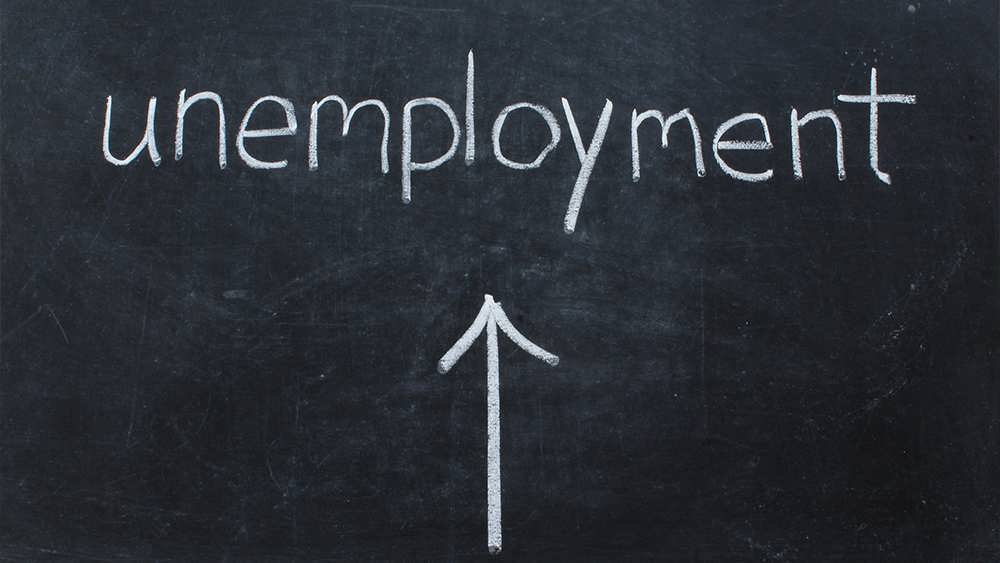
rising unemployment
Inflation and business investments
Inflation is considered a hidden risk for investors since it affects actual savings and investment returns. Most investors want to enhance their purchasing power over time. Inflation jeopardizes this goal since, in order to improve real buying power, the return on investment must first be in line with inflation. By correcting for inflation, an investment that returns 2% before inflation in a 3% inflation environment actually delivers a negative return after inflation. If investors do not protect their portfolios, inflation can particularly damage fixed-income returns. Many business coaches advise their investors to purchase fixed-income assets in order to receive a consistent stream of income in the form of interest or coupons. When inflation rises, assets with fixed and long-term cash flows perform poorly because the purchasing value of these future cash flows falls over time. As inflation increases, products and assets with changeable cash flows (such as rental income) fare better.
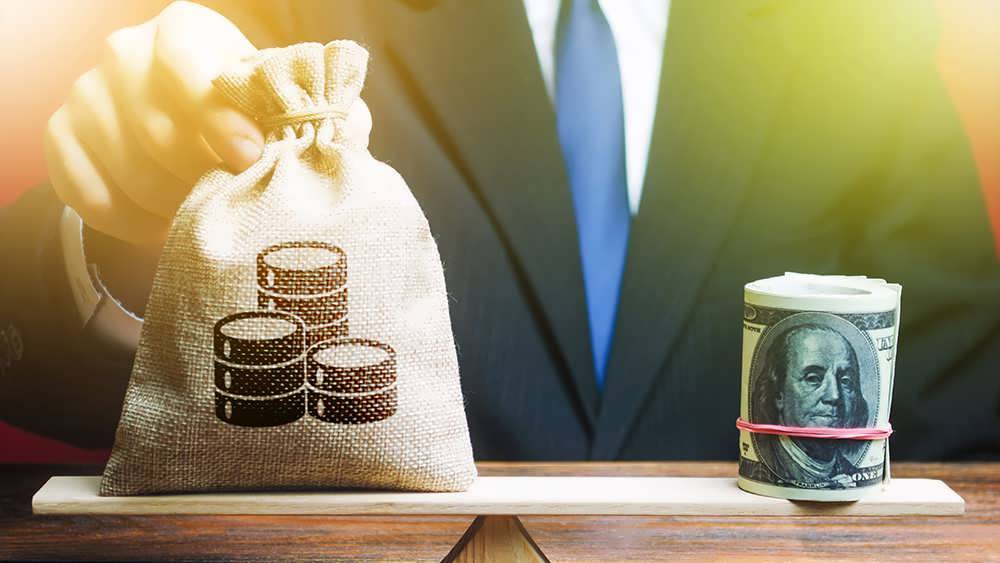
inflation and business investments
How to protect your portfolio from inflation
Over time, inflation can have a significant impact on your portfolio. Consider the following methods, in addition to working with a personal financial coach, to help safeguard your investment from inflation:
Diversifying your portfolio
Including stocks and real assets like commodities can help you protect your money from inflation. On the other hand, diversification and asset allocation make neither guarantee profits nor safeguard against losses.
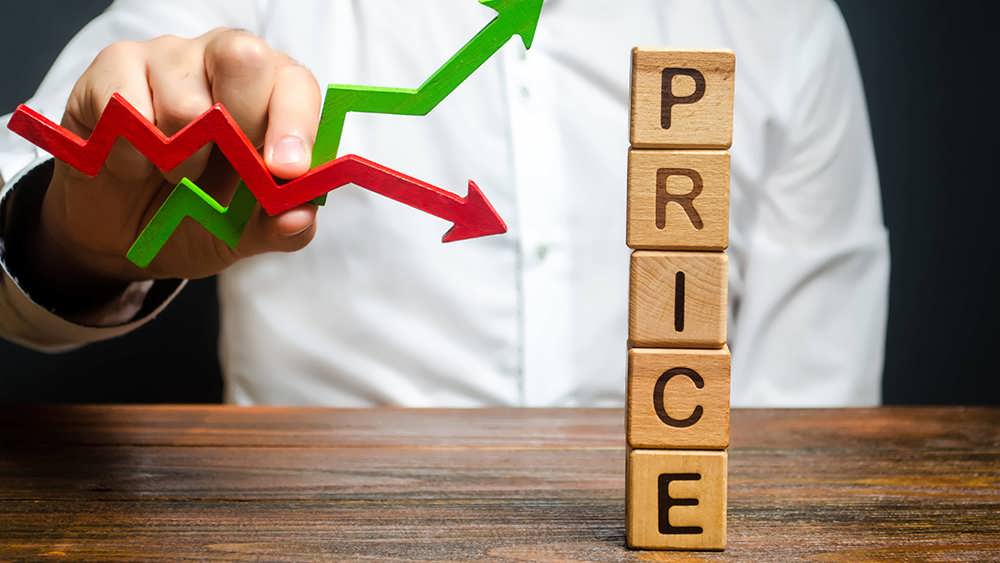
balance price when inflation influence on it
Invest in irreplaceable assets
When inflation soars, the secret to a successful portfolio is to invest in hard-to-replicate assets. Consider land and real estate, as well as one-of-a-kind objects such as collector’s edition baseball cards. All of this works particularly effectively during periods of extreme inflation because they are difficult to duplicate.
Invest in assets that will increase in value over time
Markets are grappling with shifting inflation expectations after a protracted era of low inflation. In such a case, the best course of action is to remain invested, preferably in assets that appreciate over time, such as equities.


